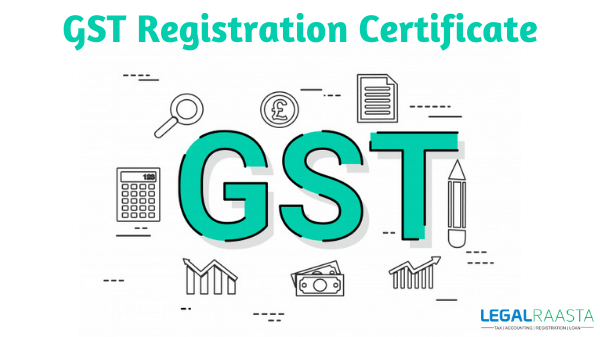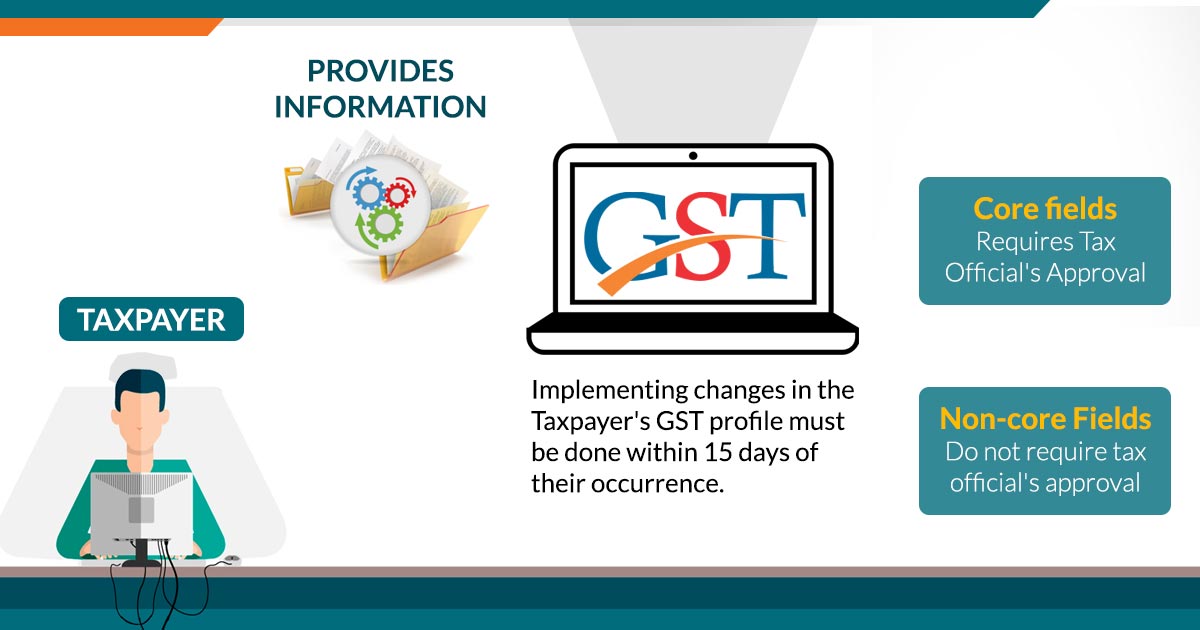Making Best Use Of Tax Obligation Performance: Specialist Tips on Browsing the GST Enrollment Labyrinth for Local Business
Navigating the complex landscape of Product and Services Tax (GST) registration can be a labyrinthine task for little companies intending to maximize their tax obligation efficiency. In this conversation, we will discover professional understandings and actionable recommendations that can empower little organizations to navigate the GST enrollment maze successfully and optimize their tax obligation efficiency.
Eligibility Standards
Eligibility demands for Local business GST Registration incorporate particular standards that companies must meet to follow tax laws. To qualify for GST enrollment, a service has to have an annual turnover surpassing the limit established by the tax obligation authorities, which varies by country. Additionally, services entailed in inter-state supply of services or products, or those offering products online, might be called for to sign up for GST, regardless of their turn over. It is vital for services to properly establish their qualification based upon these turn over limits to stay clear of fines for non-compliance. Singapore GST Registration.

Documents Needs
The called for documentation normally consists of evidence of company enrollment or address, identification and incorporation proofs of the organization owner, photographs, bank account details, and evidence of the primary area of service. In addition, companies need to offer details of their service tasks, consisting of the solutions or goods supplied.
Aside from the compulsory records, businesses may also be required to submit additional information based on their specific situations. This could include files associated with partnerships, the authorization of signatories, or any other pertinent arrangements. Maintaining all essential documents arranged and easily easily accessible can enhance the registration process and help businesses adhere to the needs effectively - Singapore GST Registration. Failure to offer the required documents might lead to delays or even denial of the GST enrollment application. For that reason, precise attention to information and adherence to the paperwork guidelines are vital for an effective GST registration process for local business.
Timing Factors To Consider
Taking into consideration the vital documents needs have been diligently dealt with, the following crucial facet for small companies embarking on the GST registration procedure is the strategic administration of timing factors to consider. Timing plays a critical function in GST enrollment, impacting not only conformity but likewise economic facets of business. Local business need to very carefully intend the timing of their GST registration to make best use of benefits and reduce prospective dangers.

Moreover, services must line up the timing of their GST registration with their go to these guys operational readiness. Adequate prep work, such as upgrading accountancy systems and training personnel, is vital to effortlessly integrate GST demands into daily procedures. By tactically taking care of timing factors to consider, small companies can browse the GST enrollment process efficiently and maximize their tax obligation effectiveness.
Registration Refine Tips
Effectively browsing the GST registration procedure calls for little organizations to execute positive and strategic enrollment process suggestions. This consists of business registration records, proof of address, bank declarations, and identification proofs of the service proprietors.
Furthermore, understanding the thresholds and needs for GST registration based on the certain state or region where the business operates is necessary. Some states have various turnover thresholds that set off required registration, so being informed concerning these thresholds can help services prepare in advance.
An additional valuable tip is to think about seeking expert help from accounting professionals or tax obligation experts that focus on GST registration. Their knowledge can streamline the process, reduce errors, and ensure compliance with all policies.
Compliance Best Practices
Tiny businesses should focus on compliance to prevent penalties and maintain a great standing with tax obligation authorities. Tiny company proprietors need to frequently assess government guidelines and seek expert suggestions if needed to ensure they are satisfying all demands. By including these conformity best practices into their procedures, tiny organizations can navigate the complexities of GST registration with confidence and effectiveness.
Final Thought
In navigate here verdict, small companies can navigate the GST registration labyrinth by ensuring they satisfy eligibility requirements, webpage gather needed paperwork, think about timing ramifications, comply with registration process suggestions, and abide by compliance best practices. By optimizing tax obligation effectiveness with proper GST registration, businesses can enhance their economic monitoring and procedures.
Browsing the complex landscape of Product and Solutions Tax (GST) registration can be a labyrinthine job for tiny organizations intending to optimize their tax obligation effectiveness.Eligibility demands for Small Company GST Registration encompass details standards that services should meet to abide with tax obligation guidelines. The required documentation typically consists of evidence of company enrollment or address, unification and identity proofs of the organization owner, pictures, financial institution account details, and evidence of the primary place of service. Additionally, companies need to offer information of their company tasks, including the solutions or goods provided.Efficiently browsing the GST registration procedure requires little businesses to carry out strategic and positive enrollment process ideas.
Comments on “Crucial Guide to Singapore GST Registration for New Organizations”